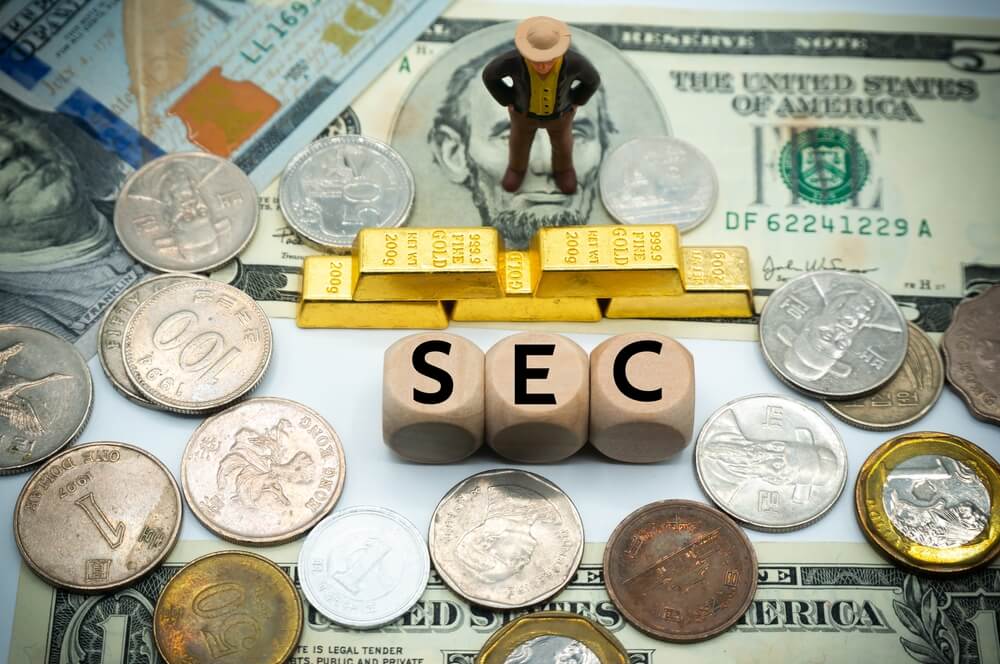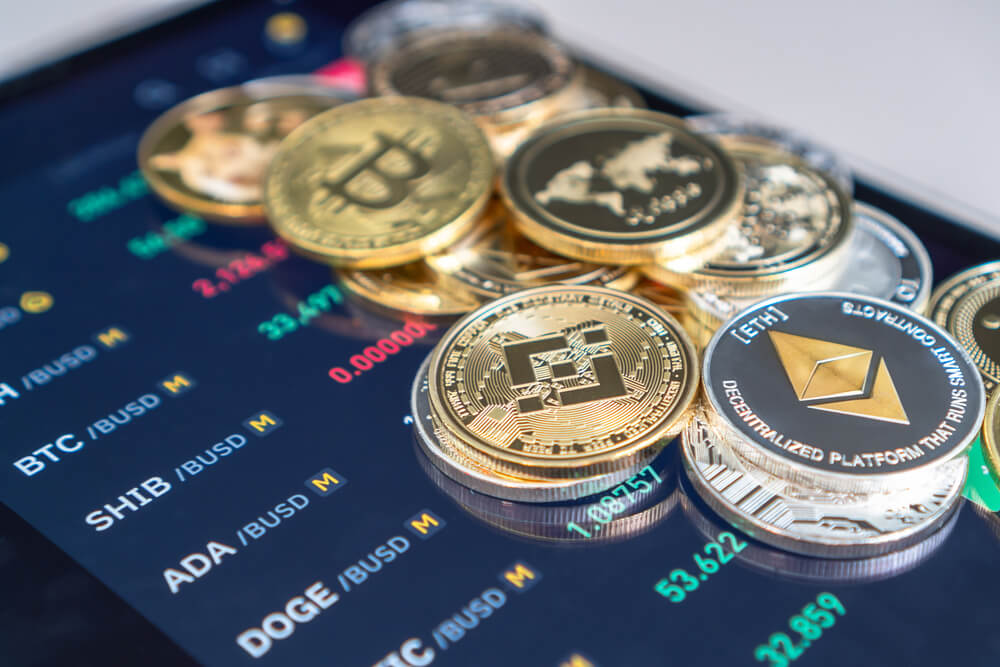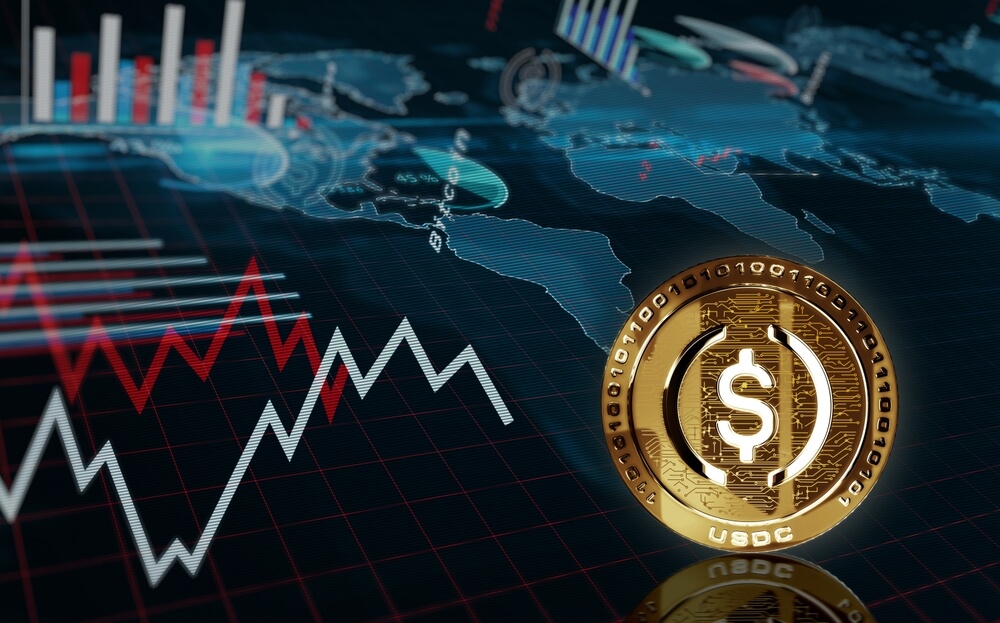
The US Securities and Exchange Commission (SEC) has recently announced that the vast majority of crypto assets are, in fact, securities due to be registered in the same way as securities.
Article content
In April 2022, SEC Chairman Gary Gensler stated that the top five exchanges, accounting for 99% of crypto trading, must register with the SEC and comply with relevant laws. Gensler also called for greater enforcement of financial regulations for stablecoins and other tokens. And in May 2022, the SEC announced that it would increase its cyber division from 30 to 50 people and rename it the “Crypto Assets and Cyber Security Division.”
The SEC measures will fundamentally change the crypto infrastructure. There are already some consequences.
- Individual crypto-issuers have been subject to SEC enforcement.
- SEC Chairman Gary Gensler advised crypto exchanges to register with the agency as platforms for stock trading. While this sounds like a recommendation, the regulators’ “friendly” calls could quickly become requirements.
No surprise there. The early bells were heard a while back
The SEC announced its position during the initial coin offering (ICO) boom of 2017. The summary was that DAO tokens are investment securities.
In 2020, the SEC sued Ripple Labs Inc. and its two executives, alleging that Ripple violated securities laws by selling the XRP token without meeting registration and disclosure requirements for public securities offerings.
During this period, some token issuers received fines.
In recent years, new types of tokens have appeared: DeFi tokens, non-fungible tokens (NFTs), etc.
Many new blockchain projects evade securities laws. Either because they don’t have a central administrator or because tokens are collectibles (like digital game objects or virtual artworks) that can’t be considered classic securities. However, these tokens go as an investment, which means those assets must have the same regulations as the securities.

Precedents with DeFi platforms
In August 2021, the SEC accused the Money Market DeFi platform of not registering the assets as securities after selling $30 million worth of tokens. The project founders had to pay $12.8 as pre-trial compensation and $250,000 as a fine.
In February 2022, BlockFi Lending LLC paid $100 million as a pre-trial claim for failing to properly register its BlockFi interest-bearing accounts, paying variable interest rates on crypto loans.
Are NFTs securities?
While NFTs might sell as collectables, artwork, or in-game items, they may be subject to securities laws if they trade as an investment.
Regulators may soon apply securities laws to NFTs as well. Hester Pierce, one of the most crypto-friendly members of the Securities and Exchange Commission, has warned that some NFTs could get investors in trouble with the law.
Again, such warnings from the US authorities mean that stricter rules around NTFs are drawing closer.
While the SEC has yet to announce any enforcement actions specifically targeting NFTs, it has already started quietly meeting with project creators as part of its pre-trial investigation.
Crypto exchanges will have to register as brokers or dealers
At a Senate Banking Committee hearing in September 2021, Gensler stated that crypto exchanges must register as stock exchanges. The official reiterated his call in April 2022.
The key argument is that crypto exchanges have historically been opaque, allowing their operators to profit without regulatory oversight or liability. Many crypto exchanges were accused of fictitious trades or freezing customer balances.
If registered with the SEC, crypto exchanges must implement technological systems to ensure that their order books meet audit requirements. They will also face strict order execution rules to prevent market manipulation.
In his April speech, Gensler separately voiced the problem of storing cryptocurrencies within exchanges as a threat to investors.
How has the crypto segment been escaping the SEC’s attention this whole time?
In the past, many exchanges tried their best to avoid US regulation by being based in comfortable jurisdictions and not working with US clients.
Not all markets did this. Some preferred to comply with all SEC recommendations to gain access to US clients. Among such platforms are Coinbase and FTX, which specifically attracted US-registered brokers/dealers.

Stablecoins can’t avoid regulation either
Another likely point for regulators is stablecoins pegged to the US dollar or other traditional currency. Most stablecoins maintain their peg by holding large cash reserves, treasuries, or other assets.
The collapse of the algorithmic stablecoin Terra (UST) in May 2022 raised fears that the situation is scaling in the future and will lead to sad consequences for holders of stablecoins.
The creators of Tether (USDT), the largest stablecoin, paid $18.5 million in a settlement with the New York Attorney General in 2021 and paid a $41 million fine issued by the Commodity Futures Trading Commission for misrepresenting the reserves’ amount the same year.
Now Tether publishes information about its reserves daily.
Gensler suggested that stablecoins could pose a systemic risk to the crypto ecosystem, facilitating money laundering and tax evasion.
Since the SEC already treats cryptocurrency exchanges as securities trading platforms, it is also likely to treat most stable transactions as securities transactions. The SEC has not yet begun a lawsuit but has already announced that the Commission may become one of the state bodies that check Tether.
Is the SEC the strictest one?
No, it’s not. It looks like a global regulatory change is coming. A recent example is that South Korea has issued an arrest warrant for Terra and Luna cryptocurrency developer Kwon Do Hyun and his colleagues.
Followed stated that the Terra and Luna tokens are equivalent to securities, which means that the Terraform Labs team committed fraudulent transactions and violated financial laws. Now that Do Kwon and the team are in Singapore, Interpol will hunt them down and their passports will get canceled.
That is probably the most striking example of how the crypto industry is retroactively falling under control. Metaphorically speaking, this is an aggressive and planned attack of the “old world” money on the crypto market. It’s a demonstration of who the boss is.
What should an investor or a trader do?
The SEC will turn crypto into securities, and it will happen very quickly. Regulators in other countries will follow their footsteps.
Should you buy crypto?
Everyone should decide for themselves, based on personal considerations, plans and goals.
For short-term traders, there is not much difference what will happen to this or that digital asset in six months, a year or two. Because a trader bets on short-term dynamics, earning inside a day or a week.
If you need secure access to the financial markets to trade crypto assets, currencies, stocks, indices, and other instruments, feel free to open an account with AMarkets.
We have been on the market since 2007.
We serve more than 1 million clients worldwide and offer some of the best conditions in the industry: low spreads, commission-free deposits, 24/7 support, super-fast order execution, free trading recommendations from professional traders.






